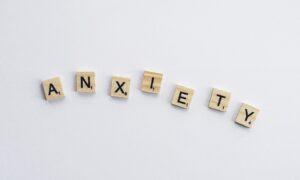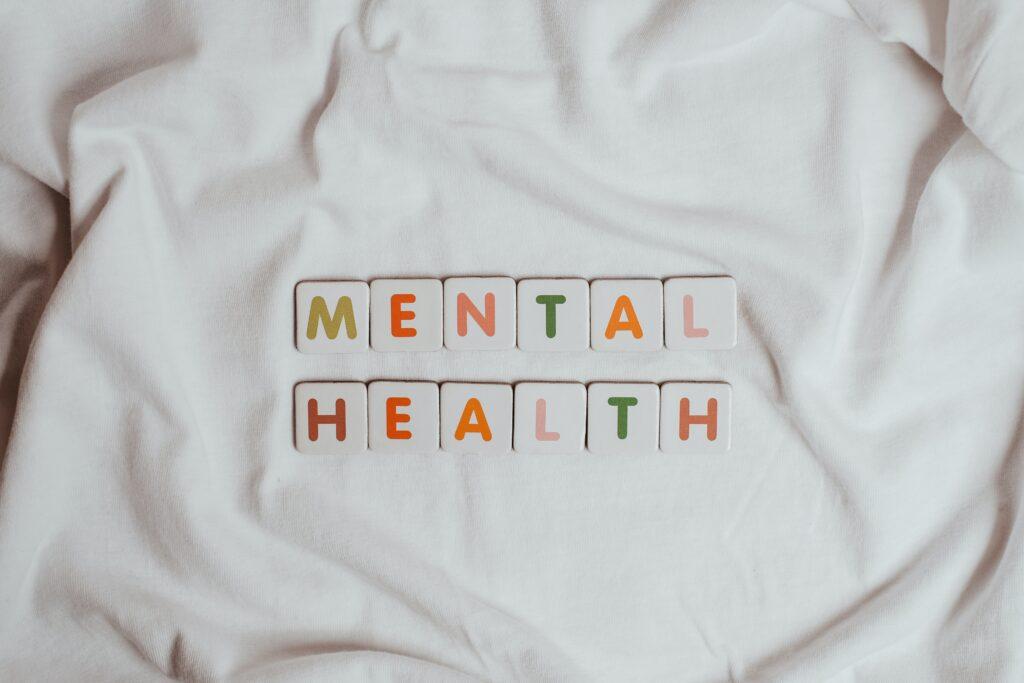The Complex Bond Between Sports and Mental Health

The connection between physical activity and mental health is intricate, with each having the potential to greatly impact the other in either a positive or negative manner. Engaging in sports can offer a wealth of mental health benefits, such as the release of endorphins – the body’s natural happy hormones – which can lead to feelings of joy, tranquility, and even provide relief from depression. Furthermore, participating in sports can elevate self-confidence, foster a sense of achievement, and cultivate teamwork.

The connection between physical activity and mental health is intricate, with each having the potential to greatly impact the other in either a positive or negative manner. Engaging in sports can offer a wealth of mental health benefits, such as the release of endorphins – the body’s natural happy hormones – which can lead to feelings of joy, tranquility, and even provide relief from depression. Furthermore, participating in sports can elevate self-confidence, foster a sense of achievement, and cultivate teamwork.
However, subpar mental health can significantly hinder an athlete’s physical performance. Mental health conditions such as anxiety and depression can induce fatigue, diminish focus, and lower motivation, all of which can affect athletic performance negatively. The demands and expectations that come with being an athlete can also escalate stress and anxiety, further impeding performance.
It is crucial that mental health is given equal consideration and resources as physical health in the athletic community. This requires the availability of mental health support, the promotion of open discussions about mental wellness, and the creation of a supportive and accepting environment.

In conclusion, sports can have a positive impact on mental health, but it is essential to acknowledge the potential harm that poor mental health can have on athletic performance and to prioritize mental well-being in the athletic community.








